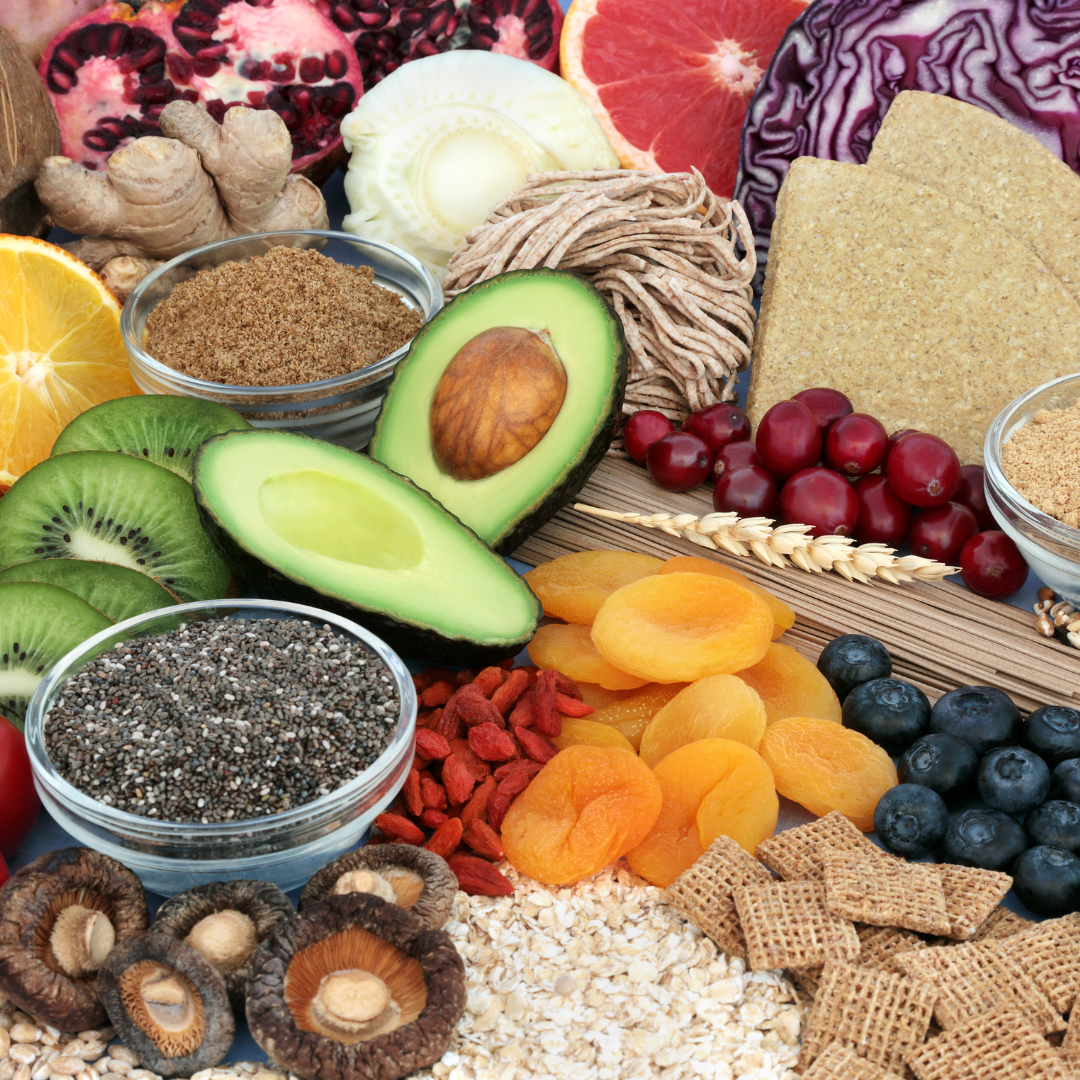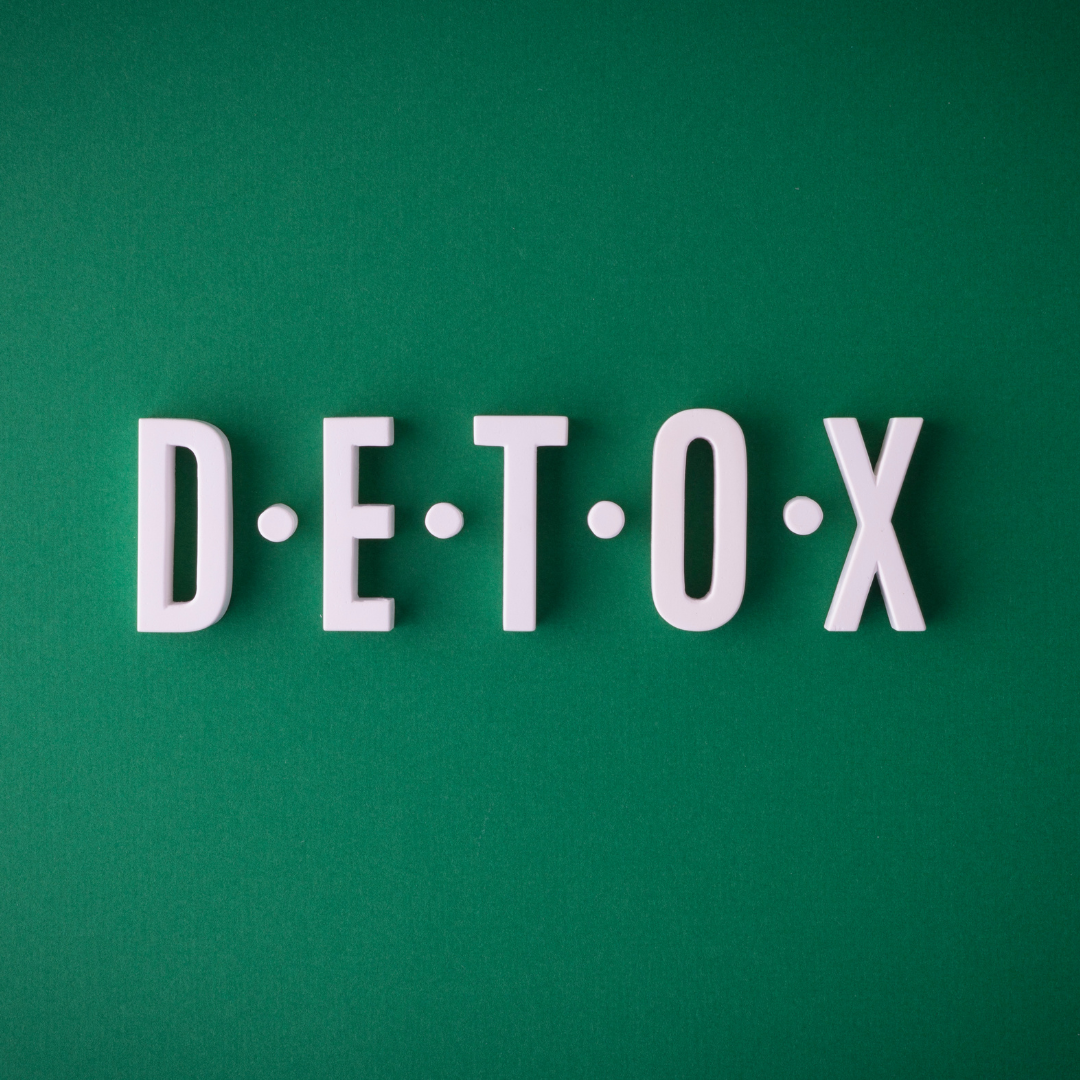Grilling: Food Preparation and Toxicity: 2024
There is a lot more attention paid to our food sources and the type of food we eat. We recognize the importance of organic, minimally processed foods and their roles in health and disease prevention. It turns out that how we cook these foods plays an equally important role. When the weather is favorable, many cook meals on our outdoor grill. While small amounts of grilling are acceptable, research has suggested that meats may form carcinogenic chemicals called heterocyclic amines (HCAs) and polycyclic aromatic hydrocarbons (PAHs) when charred or cooked over high heat. Epidemiologic studies have linked cooking meats at high temperatures with an increased risk of pancreatic, prostate, stomach, and colorectal cancers. The culprits associated with this risk may be these heterocyclic amines (HCAs) and polycyclic...










